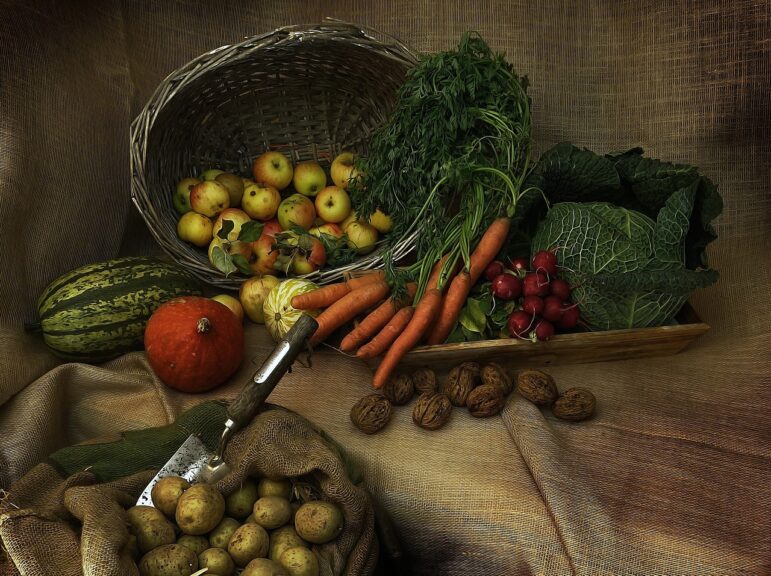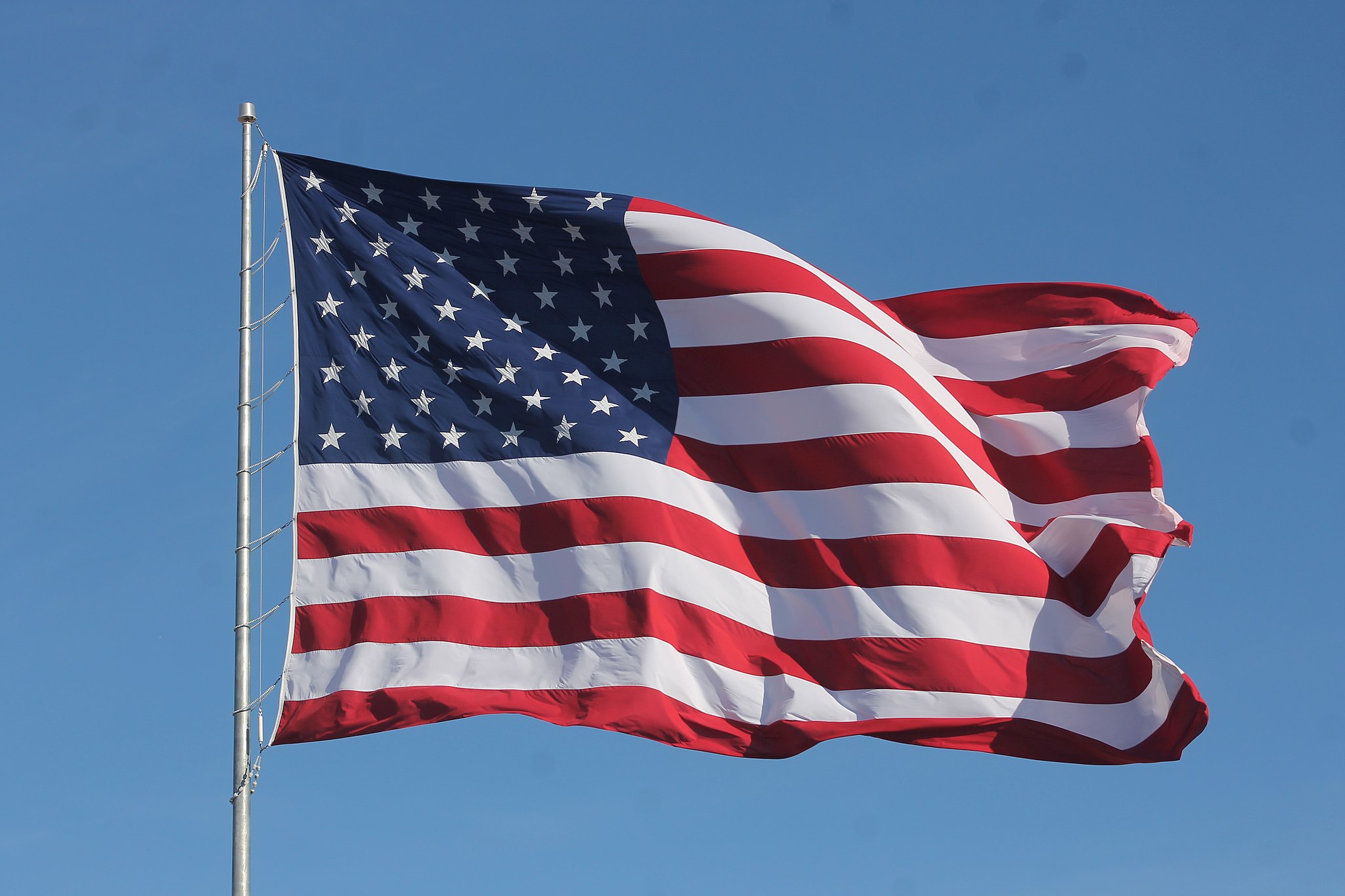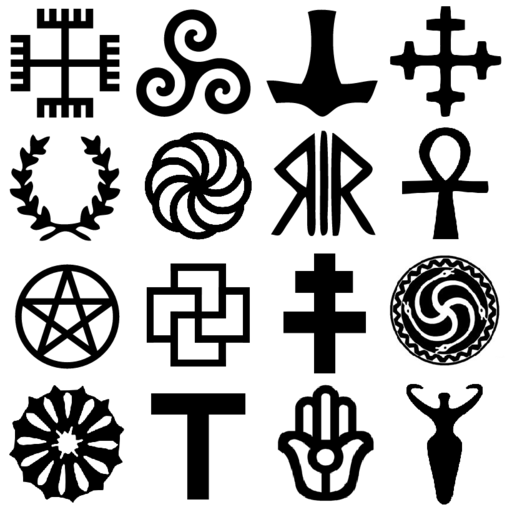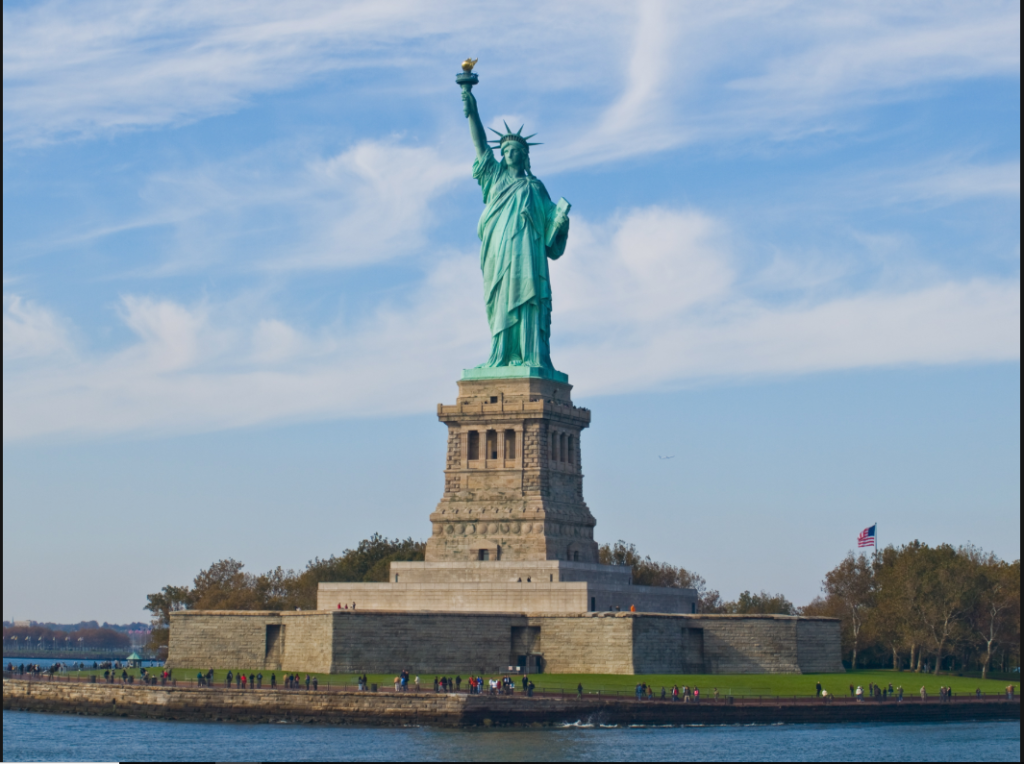
September exhales the last gasp of summer in the northern hemisphere while providing balance and a harvest of memories. Children and adolescents return to classrooms and studies that provide respite from the rush of picnics, outdoor activities, family reunions, and hot, humid days. Life’s pace slows to allow those who care to embrace the richness that marks the start of fall: ripening apples in orchards, the countdown to eternal variations of pumpkin spice in nearly everything, and the crisp ripeness of leaves as they change colors. In short, this is the perfect month to reflect on what is around us, and what needs to be swept away.

Harvest [Pixabay]
I find the month of September to be a haven of joy for all the above mentioned reasons, and a time of sadness for the many who have passed on during this month. I cherish the ancestors and wonder at this time, in our country’s history, what they would think of the chaos and morass that defines too much of our daily lives. To be honest, I wonder if therapy might not be a good idea.
Four years past the height of the pandemic, there are indications that we try, as a nation and as human beings, to move on in an attempt to recapture a sense of normalcy. For those with jobs, we show up, we do whatever it is that we are tasked, and we go home. We forage for food in a grocery store or a big box warehouse, and return to the habits of our recent elders and ancestors, denizens of the last true Great Depression. Although this covers the years 1929-1939 or perhaps to 1941 if one counts the effect near the time of the attack on Pearl Harbor, the remnants and memories of this time live on in those who passed down to their children, grandchildren, and great-grandchildren habits, choices, and lifestyles as a reminder that survival comes in many shapes and forms.
In my column “Spiritual Decluttering,” I considered how to examine, cleanse, and reaffirm our spiritual practices. In a way, it honored the need each fall as the sabbat known as Mabon to some, Thesmophoria to others, or simply the Autumnal Equinox to embrace balance in our lives, our practices, and our communities. As humans, we are family, yet at times it is very easy to forget that each of us does not walk the path on this plane of existence alone; likewise, even in community, we do not have the sole answers. We seek and we address what is out of balance. In doing so, we harvest the good, toss the dross, and thus re-balance our lives.
Imbalance permeates the very air we breathe at times, when we are not in agreement. Remembering twice a year, when we spring clean in March, and when we return to a semblance of order after summer’s graces, what matters to us in our lives is the best manner of harvest to sustain who we really are – inside and out.

Noah Wulf
American Flag
In a country with approximately 337 million people, per the population clock, Americans pride themselves on being a true melting pot, welcoming all and embracing a variety of cultures. Our democratic practices promise freedoms that remain absent in some parts of the world. As children, we are taught that this land promises freedom of religion, freedom of the press, freedom of speech, the right to freely gather, and the right to petition our government. The First Amendment of the United States Constitution not only provides a foundation for understanding the kaleidoscope that is the United States of America, it also is a promise that draws many from around the world to live here and to become citizens.
Although this nation of 337 plus million is united for identification purposes as American for certain events, such as the Olympics or other sporting events with international players, the average American is labeled by race on a regular basis when non-white or culture comes into play. While race falls in the category of a social construct, in reality, racial designations are used to demonstrate unity or division within many aspects of life in the United States including politics.
The Presidents of the United States is an exclusive club with forty-five current members, including former President Grover Cleveland who won two non-consecutive elections. In fewer than nine weeks, the nation of 337 plus million will choose the forty-sixth member. It took the United States of America 220 years after our first president, George Washington to install its first non-White president after a hard fight that attacked the candidate’s character, background, and qualifications to hold office. Although Obama considers himself to be mixed race as the offspring of a White mother and a Black father, politically, he is considered to be the first Black or African-American president.
The immediate aftermath of the election blossomed into the so-called era of a post-racial America. Sadly, while the promise of the United States Constitution implies attainment for all, in reality, all former presidents with the exception of Barack Obama have been white males.
Nearly a decade after Obama’s departure as a two-term president, the pattern of “otherness” matters because colorism in the United States flows in the waters that surround each election. Surveys categorize by formal political affiliation (e.g. Republican, Democrat) or lack thereof (e.g. Independent); by gender; by sexual orientation or marital status; by residential location (urban, suburban, rural); by age, by educational attainment (e.g. high school degree vs. college degree), and by racial categorization (e.g. White, Hispanic, Asian, Black).
Surprisingly, when religion is included in these types of surveys, Pagans, Heathens, and polytheists do not make the cut even as an “other”. It is either a monotheist tradition (e.g. Christian, Jewish, Muslim) or the choice of atheist, agnostic, or non-affiliated. There is a tiny “Nothing in Particular” category, but most Pagans, Heathens, and polytheists have beliefs ranging far beyond the “other” or “nothing in particular” categories. Below are symbols for a few of the many traditions that encompass our community. We are too numerous for that; however, we are still othered.

As Americans, we do not know whether this election will produce a repeat of a past presidential occupant or a new occupant, a bi-racial woman, we do know that racial designation remains a sore spot in considering the next occupant for the Office of President of the United States.
Although there have been an increasing number of women presidential candidates, the most serious runs for the White House did not occur until the 2016 and the 2024 presidential election cycles. Gender as “otherness” remains a class ceiling in many areas, including the highest office in the land.
Race, gender, culture, language and customs are masks. They represent the other which then becomes an individual’s identity as a whole. Othering is the persistent thorn that rips the perfection promised within the United States Constitution. It is an imbalance represented for many by subtle practices such as the discrimination against job seekers who have Black names, or having Asian Americans separated out as part of a model-minority, the role of language within the Latino/Hispanic community, and overall identification of the individuals by race or ethnicity rather than as just “American”.
Paul Laurence Dunbar‘ s poem, We Wear the Mask represents a prime example of how the “other” appears often in American life. Because names are masks, the use of Anglicized, non-ethnic sounding names allow comfort for a traditional white majority whose numbers are dwindling in the United States.
The benefits of using selected acceptable names that are easy for the majority to pronounce often grants access to gainful employment with higher pay, increased respect, and an easier pathway to success. Many Americans of color know this sometimes by knowing someone who did not get a call back about a job or whose path to success was impeded by a name identified as “ethnic”. Worse are incidents where someone’s proper name was dismissed or worse, substituted with a name that could be more readily pronounced by that individual.
This is why I make a point to ask everyone I meet how they want to be called. Inevitably, many workers of color will say something to the effect of, “just call me John, or by X (the last name)”. This is why I no longer ask my Vietnamese nail technician, who asks me to call her “Katie”, how she prefers to be called. She knows, as I do, that having a name that many can pronounce may get her more tips, and business at her salon.
My heart mourns that her identity, including her actual name, is lost in service of wearing a mask that negates the effect of the “other” that she experiences in American society. My friend from Togo, who has a lovely name, does the same at her business. I finally learned her actual first name after knowing her for nearly four years. While I consider the name to be beautiful, I respect her wish to fit in with American business standards by using her Anglicized name that others can more easily pronounce.
Othering promotes imbalance, a lack of understanding , and separation from the whole of the larger community of 337 million.
Name injuries are rarely discussed openly by the majority regarding the damage such attacks cause, yet these practices proliferate throughout American society. A focus solely on a person’s name eliminates an awareness of an individual’s aptitude, abilities, and accomplishments. The individual who is othered becomes less than in American society. Their harvest becomes less about the American dream in balance and more about imbalance or the American nightmare.
Celebrity offspring names being the exception due to parental fame, unusual non-Anglicized sounding names are more often subject to damage through mis-pronunciation, hesitating or halting attempts to say the name correctly, and stabbing memories of stereotypes reinforced by larger American society’s lack of understanding the beauty and meaning of a name. It’s simple etymology that works as a double edged sword – when a person wishes to understand and learn about the varieties of names that flourish in human society today.
Kamala Devi Harris, born of an Indian mother and a Jamaican father bears a name reflective of her shared Indian and Black heritage. A quick search shows that Harris’ first name, Kamala is a common and popular Hindu name meaning “lotus”; her middle name, “Devi” means goddess. Her first name honors the Goddess Lakshmi as historically it is noted that the goddess has appeared as a lotus. A quick glance of the name appears to have several noted and readily available clarifications of meaning. As Kalmatlika (shortened version Kamal or Kamala), there is a connection with the tantric goddesses or Mahavidya. This grouping includes more famous and readily known goddesses such as Kali and Tara.
One recent short piece emphasized how to pronounce the presidential candidate’s first name by including children and interactive audience participation. The need to even do the piece was simple: attacks on the candidate’s name, including the deliberate mispronunciation by many created offense as an attack on an individual identity.
Such attacks can be seen as a dehumanization of those who have been attacked as one’s name is one of the most personal representations of the individual.

[Wikimedia Commons]
Names can expand or limit identity. Their acceptance or rejection are the ultimate tool in othering.
Othering is an imbalance in a nation founded on balance and harvest. The American Dream lies in the First Amendment of the U.S. Constitution with the numerous freedoms we are given through membership as residents and citizens of this country. Admiration for this country comes through a realization that we embrace balance through equality, equity, and opportunity.
Emma Lazarus’, The New Colossus reminds all of the true beauty, harvest and balance of the United States of America. We can quote from it often, but now is the time to truly remember what it means. As we prepare for the second harvest, let us aim for a cleansing and a balance that permits a true harvest on all levels.
The Wild Hunt is not responsible for links to external content.
To join a conversation on this post:
Visit our The Wild Hunt subreddit! Point your favorite browser to https://www.reddit.com/r/The_Wild_Hunt_News/, then click “JOIN”. Make sure to click the bell, too, to be notified of new articles posted to our subreddit.